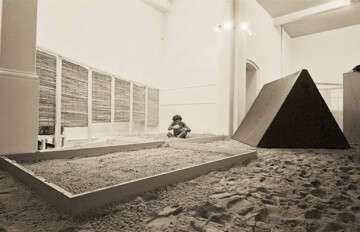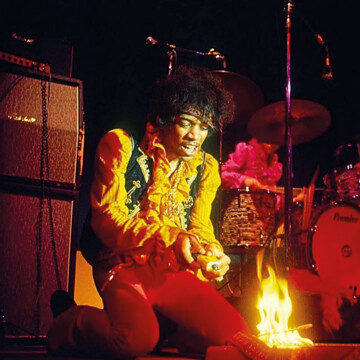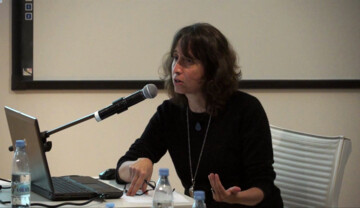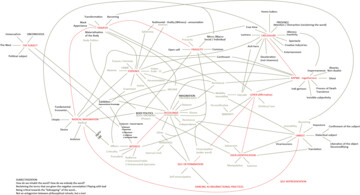Creleasure was a term coined in 1969 by Brazilian artist Hélio Oiticica (1937-1980) to identify both a time duration and open areas in which not only artists but common people could succeed the preconditions necessary for poetic situations and new sensory perspectives. Staging a fusion between creation (put forward as a positive meaning for Marxist notion of production) and leasure (set far from the industry of entertainment), this concept borrowed its origins from the concept of laziness (an epitome of Brazilianess manifest in Mário de Andrade’s Macunaíma, 1928). It is an unsettled model to make free time a productive zone, in a direction unsuspected by Guy Debord (Society of Spectacle, 1967).
Historical context has shaped Subjectivization the last fifty years and capitalism has affected our experiences in a biological sphere. Now that digital age is paired with a new branch of studies called “economy of attention” due to an overwhelming spread of information, it seems that distraction has turned into a negative dispersion and is severely harming human capacity of concentration. How to combine both a void for creative activities and a disturbing lack of concentration? In other words, has the excess of leisure affected our capacity of self-organization and storing memories? Should one have to redirect energies toward a discipline and concentration instead of leasure?
Swiss-French architect and urban planner Le Corbusier played an important role to posit progress development as a rational solution to reconstruct European cities bombed during the Second World War. In this framework, creleasure can be understood as a counter concept revealing the rigidity of modernist plans, leading to the homogeneization (or the asphyxia) of free time.
I am interested in revisiting the distraction theory from Walter Benjamin to behold the problem of the gaze bearing in mind a distinction with passive contemplation, which keeps the observer stuck in a catatonic behaviour. It is strongly connected – for me – to the power of imagination. In another moment, I would also like to adress “tropical issues” to contextualize the building of a “common language” and to avoid another misunderstanding caused by universal canons, investing another semantic order for idleness.





